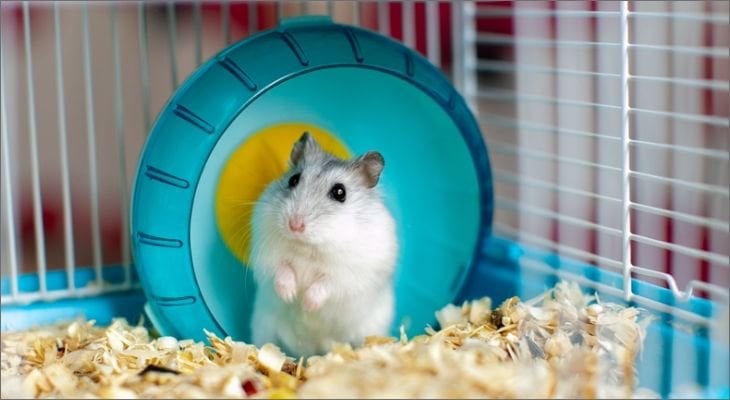
Hamsters are cute and adorable. If you had one growing up, your parents probably took care of it. Taking care of them can be challenging; however, once you master the art, it becomes more manageable by the day. Here is how you can take care of your pet hamster.
Bathing and Grooming
Hamsters always stay clean and seldom need baths. However, when the need arises, you can spot-clean your pet using unscented baby wipes or a damp washcloth. If your hamster is hairless, you can rub some little aloe-based lotion to its skin to ensure it remains soft. There is no need for concern if your hamster’s teeth become yellow as it grows older. This is quite normal for hamsters, and cleaning the teeth is not necessary.
Feeding
Hamsters eat various foods, but they mostly need fresh vegetables, fruits, dry food, and some protein to keep them going. You can feed your hamster a small number of vegetables, fruits, grain, or Timothy hay daily; however, the food shouldn't be more than 10% of your pet's total diet. It is best to discard any fruits or vegetables not eaten within 24 hours to prevent harmful bacterial growth.
Health Concerns With Hamsters
If you own a pet hamster, here are some of the health concerns that you should be aware of.
Diabetes
Diabetes in hamsters occurs when its body does not produce adequate insulin or cannot use insulin properly. If you have a dwarf hamster, you should know that it may be predisposed to the disease. Common diabetes signs include excessive urination and thirst, although they could also indicate a bladder infection or a kidney disease. It is best to consult a veterinarian if your hamster has these signs. It is vital to know that obesity often leads to diabetes. You should limit high-fat foods, such as sunflower seeds or fruits that have high sugar content.
Overgrown Teeth
Your pet's teeth will grow throughout its lifetime and should be worn down through chewing. If this does not happen, your hamster's teeth may grow excessively long, leading to abscesses. If your pet has overgrown teeth, it won't be able to eat properly and will likely lose weight. To prevent this problem, provide hamsters chew toys, which will help to grind down overgrown teeth or even prevent this condition, to begin with. If the condition is already serious, bring your hamster to Carlton Veterinary Hospital so we can gently grind down overgrown teeth.
Taking care of your hamster will help it remain healthy and prevent diseases such as diabetes. If you think that your pet is unwell, a quick trip to see us is essential for your hamster’s health.
